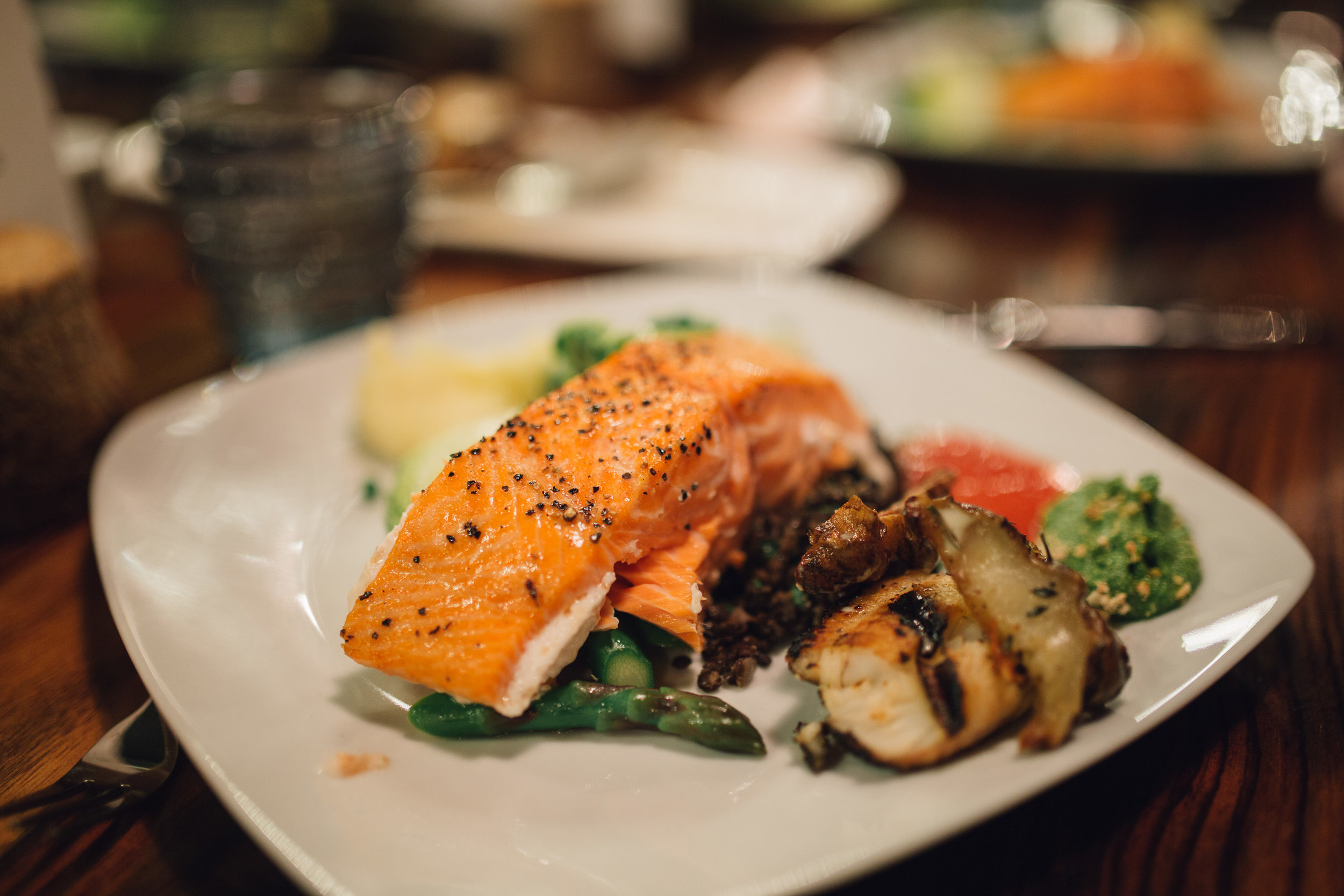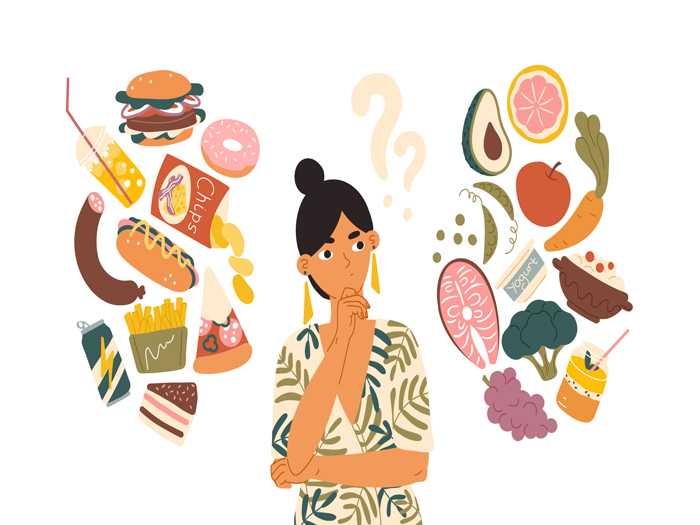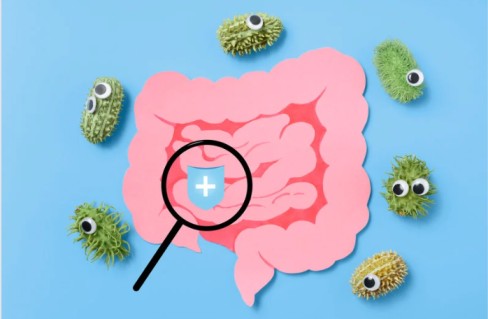Dietary fat has been a hot topic for years, and if you thought fat was the devil during the low-fat craze of the ’70s and ’80s, you may now be confused about this wildly popular ketogenic diet trend. Whether fat is completely discouraged (or encouraged), there’s a fine line between the good, the bad and the ugly – so let’s face the facts about fat!
- your body needs fat. Why?
Fat gives you energy.
Fat helps your body grow and develop
Fat helps your body absorb vitamins A, D, E and K1
- “Everyone should be treated equally. Wells. Not exactly fat. Different types of fats have different effects on your health!
Good Fats – Unsaturated Fats: All unsaturated fats are healthy. They can help improve blood cholesterol levels and reduce the risk of heart disease and stroke.2. Unsaturated fats include monounsaturated fats and polyunsaturated fats.
Monounsaturated fats are found naturally in olive and canola oils, avocados, and most nuts3,4.
Polyunsaturated fats include omega-3 and omega-6 fats. omega-3 fats are found in fatty fish such as salmon, mackerel, trout and sardines, as well as canola and soybean oils. They can also be added to eggs, dairy products, and some fruit juices.Omega-3 fats can help lower triglyceride levels in the blood and improve immune and inflammatory disorders.3,4 On the other hand, Omega-6 fats are found in safflower, sunflower, and corn oils, as well as some nuts and seeds.3,4. Omega-6 fats can help lower low-density lipoprotein (bad) cholesterol, but large amounts may also lower HDL (good) cholesterol, so eat in moderation!5
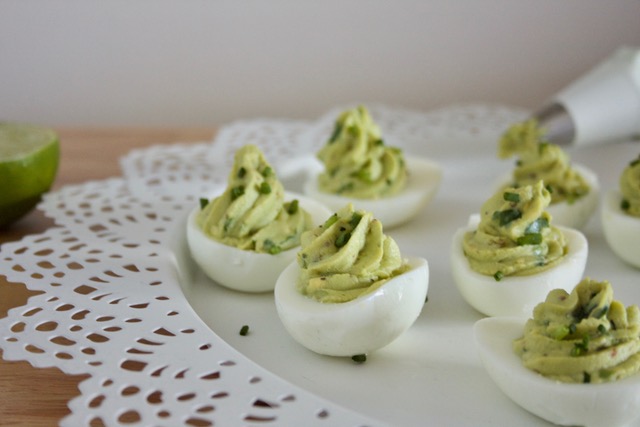
Not so good fats – Saturated fats: Traditionally, saturated fats have been associated with increased LDL cholesterol and risk of cardiovascular disease and diabetes.6 Saturated fats are commonly found in animal products such as fatty meats, poultry with skin, high-fat dairy products, as well as coconut and palm oils.3,4 Highly processed foods (hot dogs, deli meats, hamburgers, doughnuts, french fries, etc.) also contain high amounts of saturated fats. 2. Newer research suggests that saturated fats are not as bad for us as previously thought, and can even help raise our HDL (aka “healthy”) cholesterol levels.8 That said, it’s a good idea to replace saturated fat-rich foods with unsaturated fats to reduce the risk of heart disease (e.g., fish instead of steak), and to make more frequent choices to reduce the risk of heart disease. steak), and to choose low-fat dairy products and lean meats more frequently 7.
The Ugly Fat – Trans Fats: Trans fats are definitely an unhealthy type of fat and are strongly associated with an increased risk of chronic health problems.6 When vegetable oil is partially hydrogenated, it is industrially produced and adds flavor and texture to foods.4 Trans fats are most commonly found in commercially baked goods, deep-fried foods, and processed foods (such as packaged savory snacks).2 Thankfully that Health Canada has banned the use of partially hydrogenated oils in food products in September 2018, which will help eliminate trans fats from the food supply and reduce Canadians’ consumption of trans fats1.
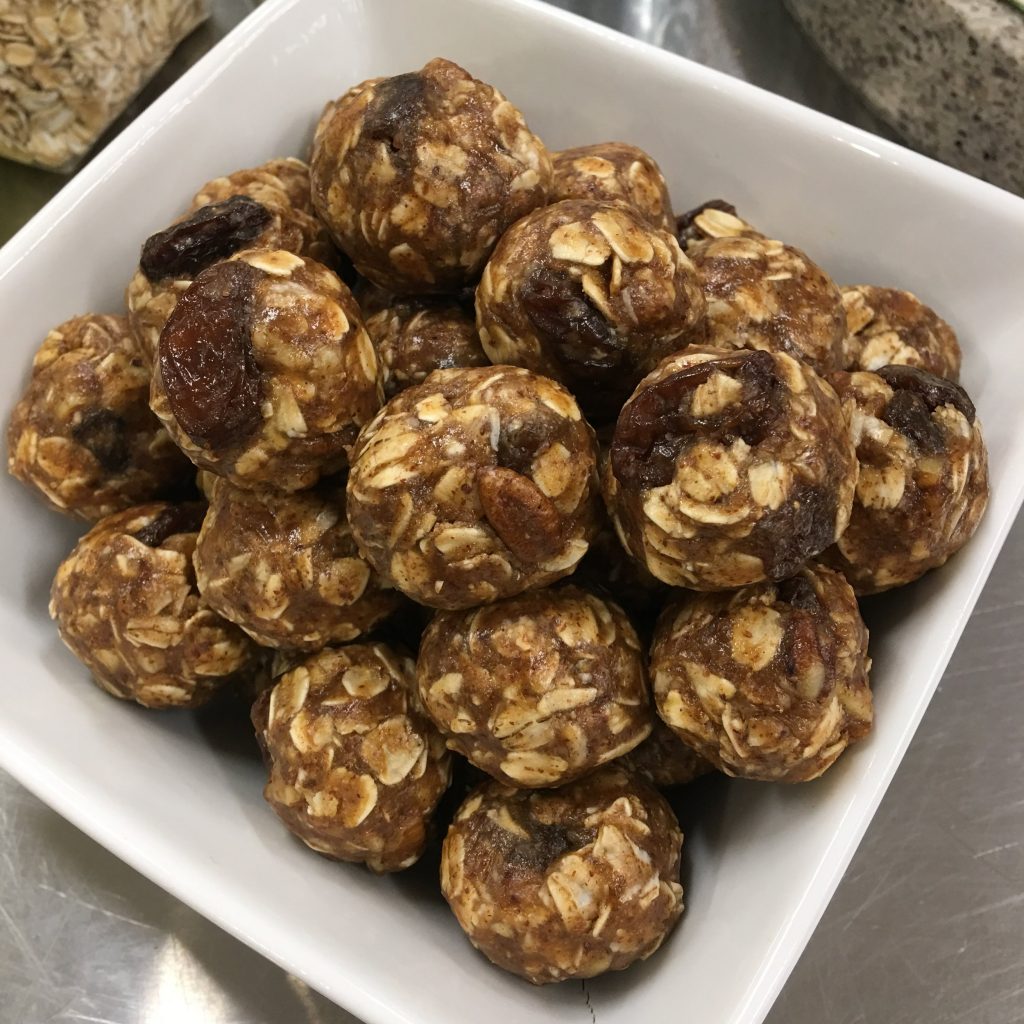
Limit fats, for example:
Butter
Hard margarine
Lard and shortening
High-fat dairy products (milk, cheese, yogurt)
Fatty meats with skin and chicken
Now that you have a better understanding (I hope) of what fats do, the different types of fats, and the foods that contain them, you may be wondering, “How can I make healthier fat choices?” In short, try replacing saturated and trans fats with unsaturated fats more often …… What I mean by that is, next time you go out to eat, substitute some nut butter for cream cheese or salmon for BBQ ribs.
Use some of these tips to increase your healthy fat intake 🙂
Eat a small handful of peanuts or nuts like almonds or pecans
Spread peanut butter or nut butter on toast or bagels instead of butter
Toss avocado slices into salads
Sprinkle ground flaxseeds, walnuts or pumpkin seeds on cereal, yogurt or salads
Use olive, canola or peanut oil in cooking and baking
Choose fat-rich fish such as salmon, sardines, herring, mackerel and trout
Limit commercial baked goods, cookies, crackers, chocolate bars and fried fast food.2,4.
Instead, make homemade baked goods like these and these.
